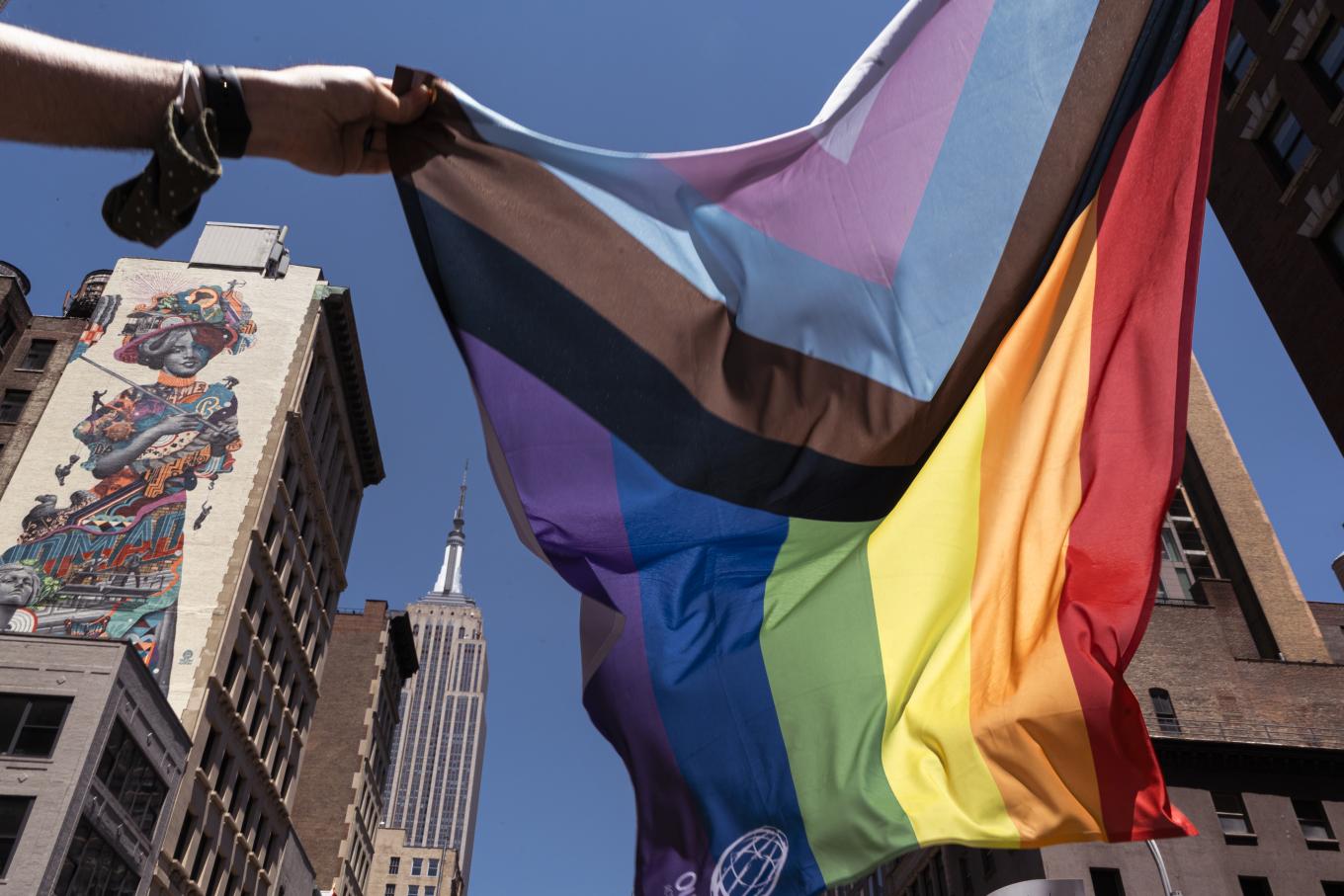
Country Overview
Malawi
At a glance
View more for this country:
Malawi criminalizes same-sex relations under a penal code that uses the language of “carnal knowledge against the order of nature” and “gross indecency.” In June 2024, in the case of Akster and Another v Director of Public Prosecutions and Another, the constitutional court struck down a constitutional challenge on “unnatural offenses” laws, citing tradition and cultural values as justifications for their continuation. This decision reflects a broader trend in some African nations, where colonial-era laws are upheld under the guise of protecting traditional values.
Section 153 punishes “carnal knowledge against the order of nature” with fourteen years in prison. “Attempts” to commit unnatural offenses (Section 154) and “indecent practices between males” (Section 156) are punishable by seven and five years in prison, respectively. In 2011, parliament expanded the Penal Code through the addition of a new Section 137A that punishes “indecent practices between females” with up to five years imprisonment, emblematic of several countries that have, in the last three decades, extended colonial laws to explicitly criminalize sex between women. There is a maximum penalty of fourteen years’ imprisonment with corporal punishment. Both men and women are criminalized under the law. In addition to potentially being punished by laws that criminalize same-sex activity, trans people may also face prosecution under a law criminalizing “idle and disorderly persons” with a maximum penalty of six months imprisonment and a fine. Malawi has made international headlines with the arrests of same-sex couples, including when a gay couple was sentenced to 14 years in 2012 after being convicted on sodomy and indecency charges.
The NGO Regulatory Authority oversees the registration and regulation of the operations of all NGOs in Malawi. As a government agency, NGORA is under the Ministry of Gender, Community Development, and Social Welfare. The Registrar has refused to register LGBTIQ organizations that use specific language demonstrating affiliation with LGBTIQ communities. In 2017, a local LGBTIQ organization launched a challenge against the Registrar’s refusal to register an organization advocating for LGBTIQ persons. In October 2023, the case was adjourned. It remains pending, but no new date has been determined as of February 2025.
There is a widely shared cultural belief that intersex people are cursed and taboo, causing discrimination and violence. Some visibly intersex infants are killed soon after birth, and a significant number of intersex children drop out of school due to severe bullying.
*Outright research indicates that the bodily autonomy of intersex people is not respected and protected in this country.
Global Impact
Sub-Saharan Africa
Outright supports LGBTIQ organizations in Sub-Saharan Africa and works with mainstream human rights organizations to respect human rights and influence positive changes in laws, policies, attitudes and beliefs that cause discrimination against LGBTIQ people.
United Nations
Our work at the United Nations centers around advocating for the advancement of the rights of LGBTIQ people.
View this regionAsia
Our work in Asia promotes acceptance of sexual and gender diversity at all levels of society.
View this regionSouthwest Asia and North Africa
In the Southwest Asia and North Africa, we partner with local groups in various countries as part of our international solidarity work. We also work with our local partners on different topics through capacity building, advocacy, research and holistic security.
Europe and Central Asia
Outright International partners with activists to fight for an end to human rights violations based on sexual orientation, gender identity and gender expression in Europe and Central Asia, where most of our work involves emergency responses to harassment, discrimination, violence, and most recently, Russia’s brutal and expanded invasion of Ukraine.
Americas
Our work in the Americas continues to build on the fundamental and positive transformation of human rights protections in recent years. We partner with groups in the Caribbean that focus on ending gender-based violence and eradicating discrimination against trans people.
Pacific
Our work in the Pacific aims to increase the visibility of activists, respond to human rights emergencies, and actively bridge local, regional, and international activism to achieve equality and justice.
Global
View this region
Human Rights Research
Since 1990, we have partnered with activists from all over the world to produce hundreds of groundbreaking reports.
Read Our Reports